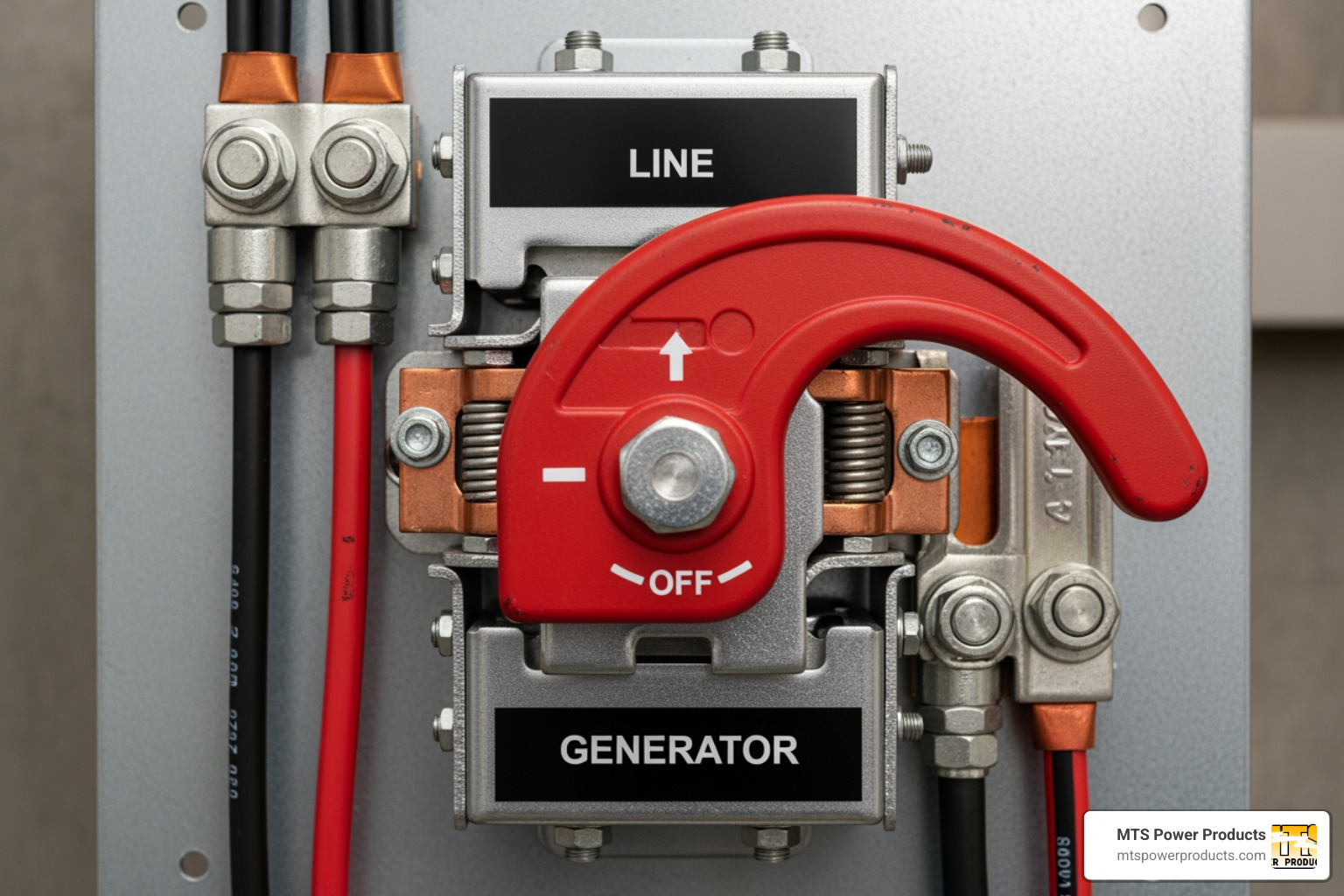
Buy Direct
from the Manufacturer
Sell our Products
Become a Distributor
Discounts
on volume purchases
Visit Us
at our Miami office
from the Manufacturer
Become a Distributor
on volume purchases
at our Miami office
Backup generators are all the same, or are they? Are commercial emergency generators much different from home generators? In what ways do backup generators for industrial applications have characteristics in common with home systems? How are they different? MTS Power Products offers the latest Commercial Generators in 2020.
The question of what generator for what application is essential to the understanding of how to approach commercial and industrial generator selection. This question can only be touched upon in any article. A truly comprehensive answer is an engineering degree.
Every generator is designed to change the form of energy from something else to electrical energy. The original energy source can be gasoline, diesel, natural gas, propane, or something else. The overall category is then divided by fuel source, permanence of installation, and size. Several generators types are useful in commercial applications.
Backup generators for commercial applications furnish electrical power when the primary source is disrupted.
Permanently installed generators, installed as an integrated component of the facilities wiring system, generate backup power as needed, providing seamless continuity.
When used as a backup system, most portable generators have to be plugged into the system when their use is required.
Portable units have many applications in commercial settings. Roadside job sites would be a good example. For permanent buildings, and all applications which do not require a mobile generator, a standby system is usually the better choice in backup generators for commercial use.
The mobile units deliver a lot less power, but plenty for running light commercial tools, hand tools, large banks of lights, and the machines necessary at most mobile sites. Often more than on mobile generator is necessary to do the job, but a standby generator would not be the unit of choice.
In industrial applications, the largest of the mobile units do not generate enough electrical output to be useful in most places where a standby unit is a better choice, because of its power generation capacity.
Standby generators are sometimes very large to the degree that they need a building to house them. For some uses, more than one large unit is necessary.
Backup generators in commercial service are supplied with any of the available liquid and gaseous energy sources.
In all industries, there must be consideration of the benefits supplied by the machines, including generators, and the price tag for these machines. This is only possible by first determining the amount of power that might be needed at a given time, assuming that an emergency situation would sometimes happen during peak electrical power consumption periods. After all, the backup generator is there to keep the commerce flowing, which means a full flow of whatever the business enterprise produces.
The commercial generator unit is manufactured to supply all conceivable demands by commerce. The voltage required, and the watts needed, and the fuel source – all possible variations are manufactured.
A large amount of power is the norm in backup generators used commercially. A standby unit might produce voltages of up to 480, and exceed 200 KW. Several units can supply as much as an application could require. It’s just a matter of scale.
Backup installations of a commercial type are not unlike home generators in appearance, but they are much larger, and they are designed and installed to automatically supply power when power is needed. Further, they switch themselves off when power is no longer needed, allowing a return to available commercially generated power.
Commercial applications of the finest, and most powerful generators require the best, and the very best is available to them.
